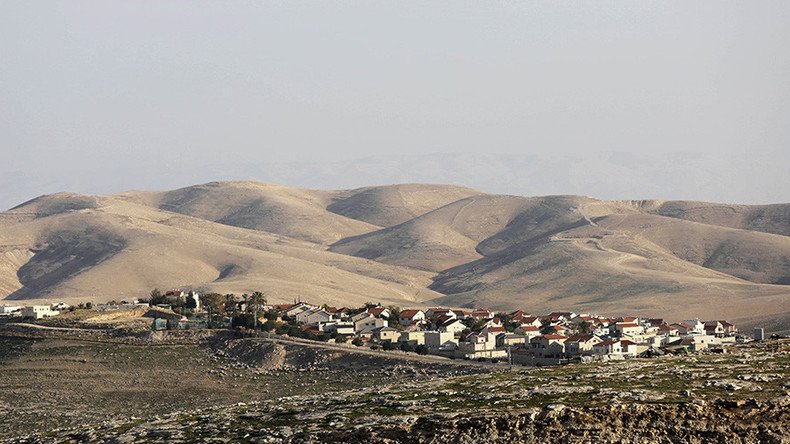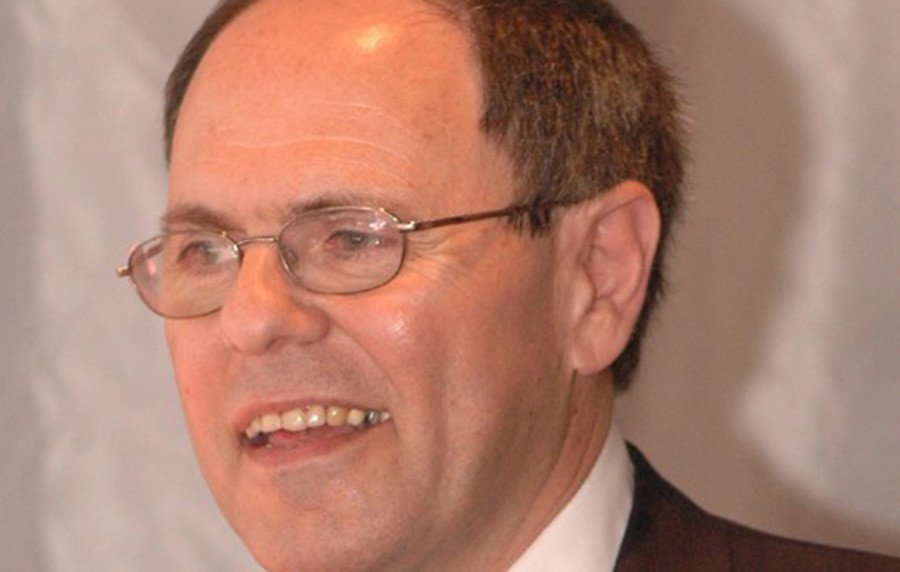Israel threatens Brazil with cold diplomacy unless it accepts settler ambassador

Israel has warned Brazil that relations will deteriorate unless it accepts the former Israeli head of the West Bank settlement program as ambassador. The appointment was made four months ago and has still not been approved by Brazil’s government.
The country has continuously failed to give in to diplomatic pressure, leading Israel to up the stakes and issue threats.
Brazilian refusals have gone on since August, when the political appointment was made by Prime Minister Benjamin Netanyahu.
The main sticking point for Brazilian opposition to the appointment is the fact that Dani Dayan – the nominee – lives in the occupied West Bank, as well as being the former head of the Council of Jewish Communities of Judea and Samaria.
Like most of the international community, Brazil’s leftist government believes the building of Israeli settlements on occupied Palestinian land to be illegal. But condemnation at all levels has not resulted in any action on the part of Israel.
Reda Mansour, Israel’s previous ambassador, left Brasilia last week, and now the Israelis are warning that if Dayan does not replace him, there will be consequences for bilateral relations.

"The State of Israel will leave the level of diplomatic relations with Brazil at the secondary level if the appointment of Dani Dayan is not confirmed," Deputy Foreign Minister Tzipi Hotovely said in an interview to Israel’s Channel 10, according to Reuters. Israel has refused to nominate another candidate for the position.
Hotovely then said Israel would continue to press Brasilia through various means, including the Brazilian Jewish community, as well as direct appeals from Prime Minister Benjamin Netanyahu, who is one of the more outspoken defenders of Israel’s settlement-building in the West Bank.
According to Hotovely, as cited by the Jerusalem Post, this lobbying will take place with the aim of showing that Dayan is “a man who is respectable, worthy, and accepted across Israel’s political spectrum.”
Hotovely added that in the event of Brazil’s refusal, there will be “a crisis in relations between the two countries, and it is not worth going there.”
There has been no comment yet from President Dilma Rousseff on whether Brasilia would cave to Israeli demands, but a senior source in the Foreign Ministry told Reuters they “do not see that happening.” And if Dayan is not, in fact, named the next ambassador, the only real alternative will be to have the next highest-ranking official acting in his stead.
Dayan for months remained silent, but on Saturday, in an interview to Channel 2, attributed Brazil’s refusal to “classic BDS” – or boycott, divestment and sanctions. He believes the entire situation owes itself to pressure from Israeli activists, Palestinians and select circles in Brazil.
Tensions between the two countries have been on the rise since the last administration, when Luiz Inacio Lula da Silva worked to warm Brazilian ties with Iran. They rose further last year when an Israeli Foreign Ministry spokesman labeled Brazil “a diplomatic dwarf.” This was after Brasilia recalled its ambassador from Israel as a show of protest over the continuing military offensive in Gaza.












